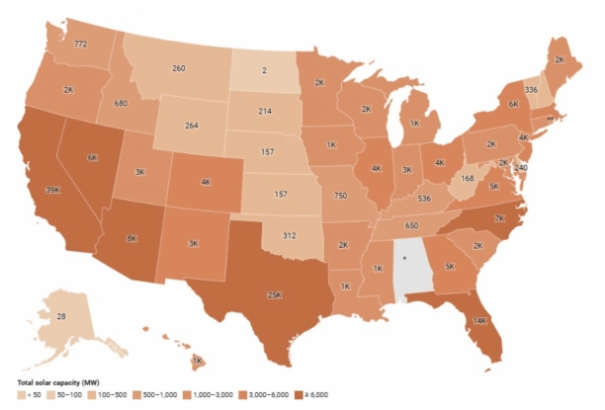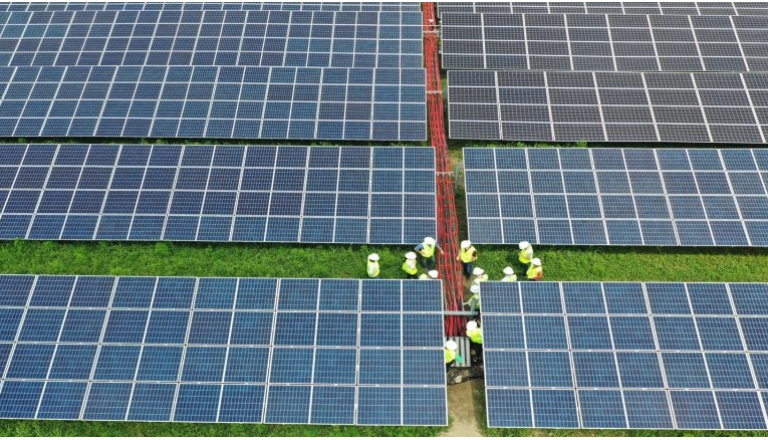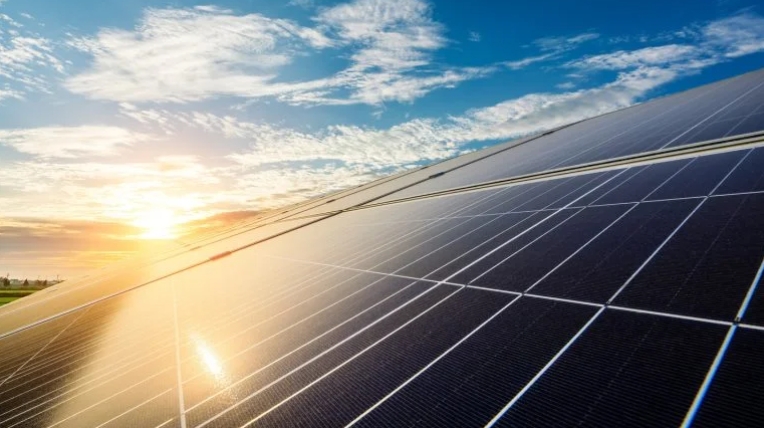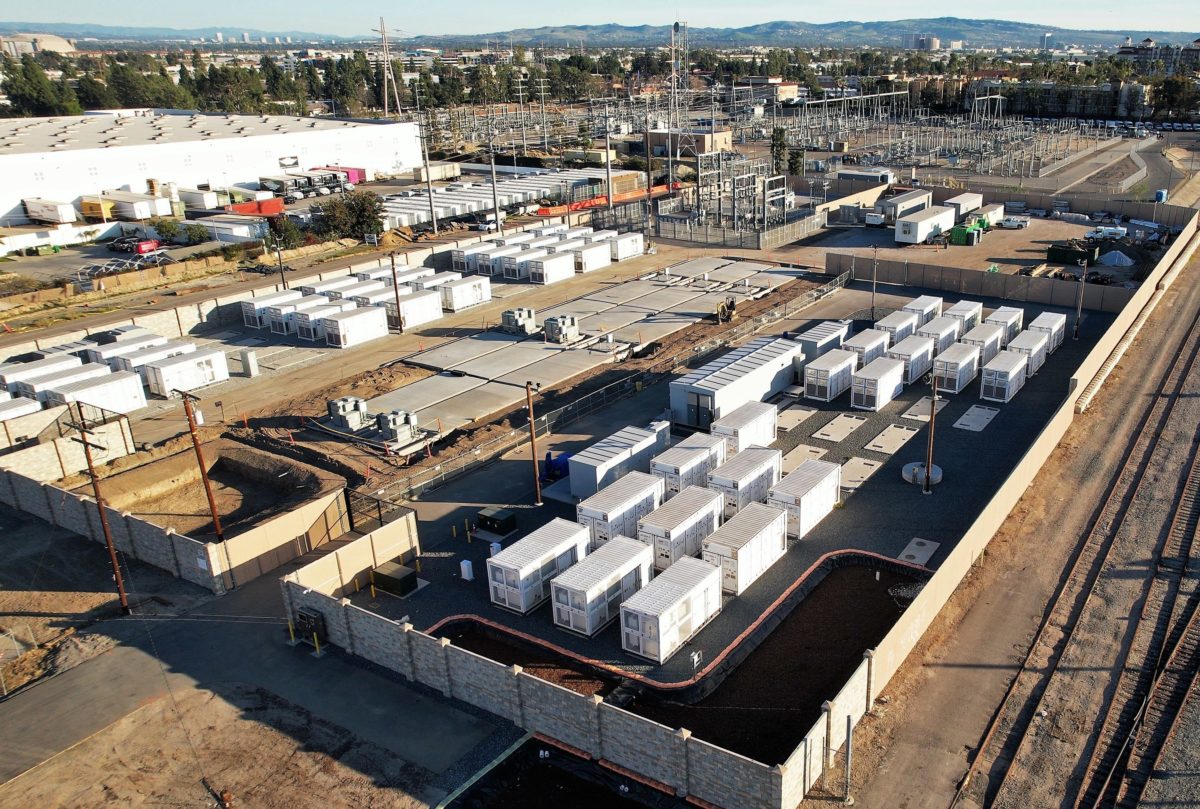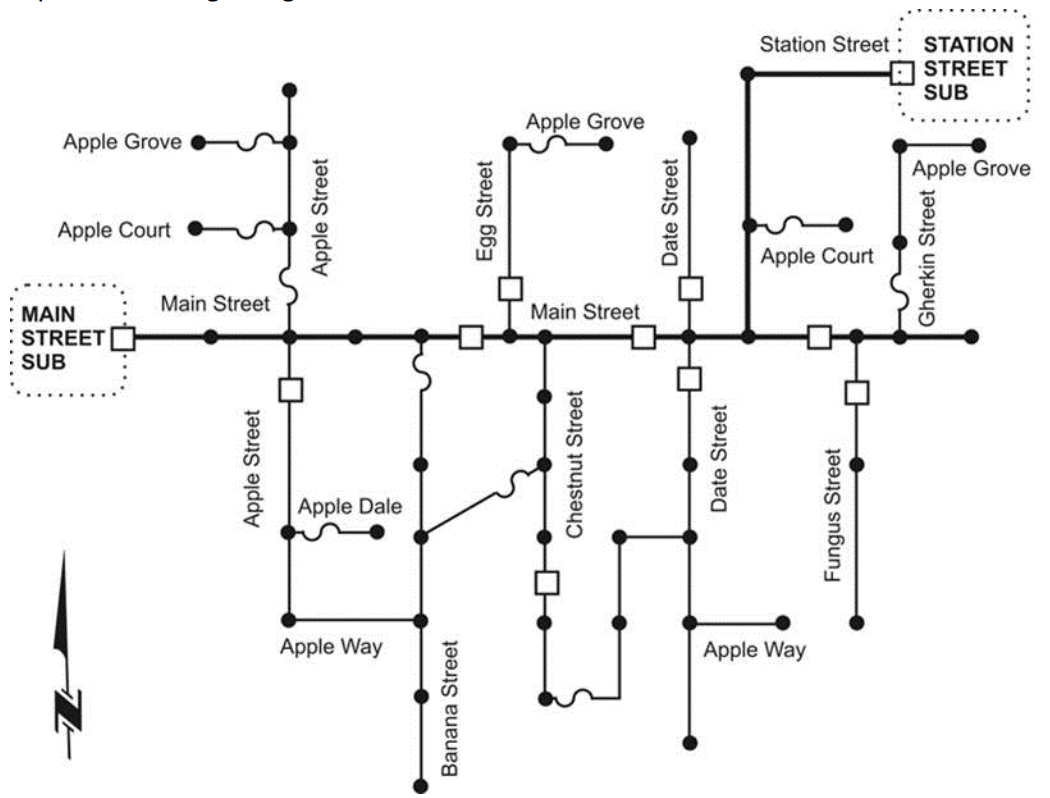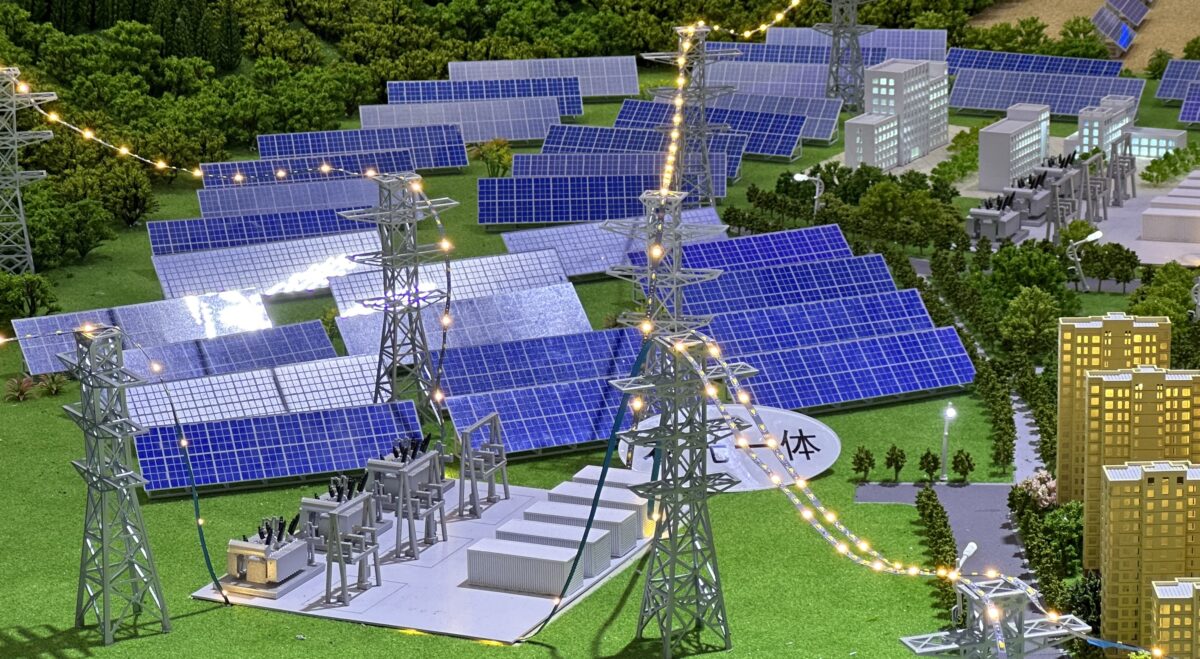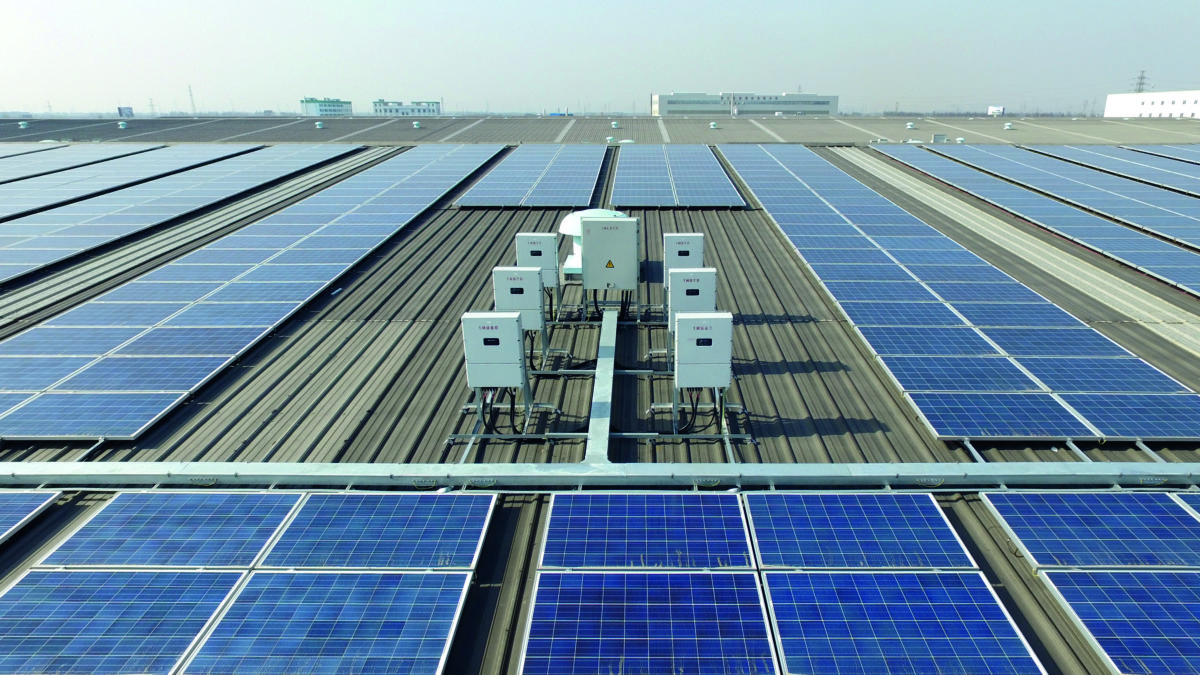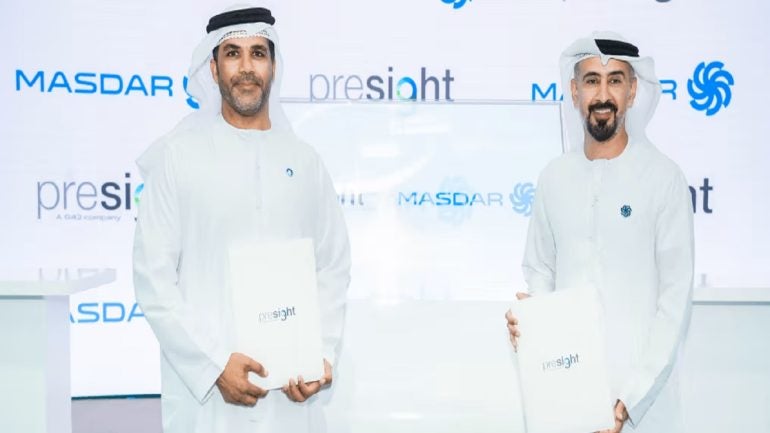Ingka Group, the owner of most IKEA stores, has earmarked 4 billion euros ($4.8 billion) to invest in wind and solar projects, electric vehicle charging points and other green energy projects by 2030.
Companies of all kinds are increasing their investment in a lower carbon future in response to investor pressure and as momentum builds ahead of the next round of U.N. climate talks to be hosted by Britain later this year.
Ingka, the main franchisee to brand owner Inter IKEA, has over the last decade spent 2.5 billion euros on wind and solar power. It said in January its energy production exceeds the total used at stores and warehouses.
The latest 4 billion euros "marks the next step towards 100 per cent renewable energy across the value chain," it said in a statement on Tuesday.
"The investments will focus on adding wind and solar projects in new countries, and the company will also consider new types of investments in areas such as energy storage, hydrogen fuel development and charging infrastructure," it said.
Chief Executive Jesper Brodin told Reuters Ingka was primarily looking to invest in solar and wind parks in China, India and Australia, and the company would install more electric vehicle charging points in IKEA store parking lots.
There are no plans yet to invest in energy storage and hydrogen fuel development, he said in an interview.
IKEA aims to be climate positive - reducing greenhouse gas emissions by more than the entire IKEA value chain emits, from raw material production to customers' disposal of their furniture - by 2030.
Inter IKEA has said the 2030 target translates into a cut of at least 15 per cent from baseline year 2016 to 20.4 million tonnes of CO2 equivalent. In the 12 months through September 2020 emissions totalled 21.2 million tonnes.
Measures to reach the target range from reducing carbon already emitted, such as through buying and sustainably managing forests, to supporting suppliers in switching to renewable energy.
Ingka, the world's biggest furniture retailer, this month announced its first renewable energy investment in Russia, in solar parks with capacity to power all IKEA stores, and part of its shopping malls, in the country.
Brodin said the sale of excess energy would increasingly become an additional revenue stream for Ingka. In the 12 months to September 2020, such revenues totalled 160 million euros.
